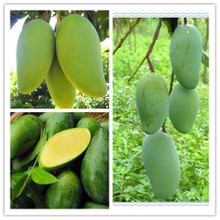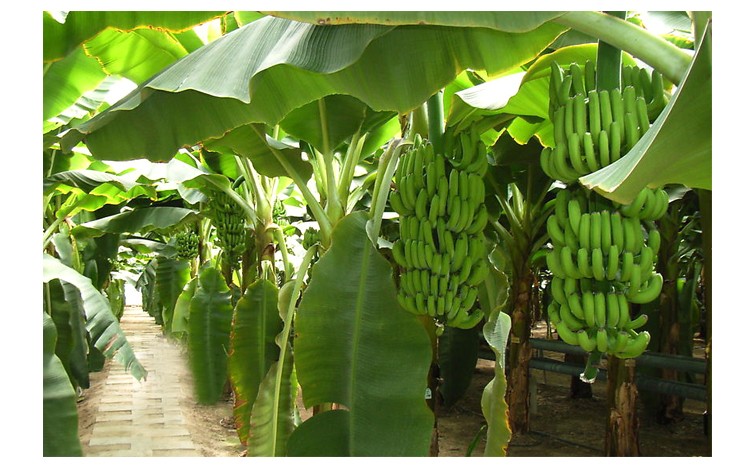
Tropical Fruits
A wide variety of tropical fruits, such as banana, pineapple, mango, plum, grapefruit, carambola, sweetsop, jackfruit and passionflower, grow in Xishuangbanna. Fresh fruits are available all year round. The biggest fruit there is jackfruit, which may weigh more than 30 kilograms. Another peculiar fruit is passionflower (also known as “fruit with a hundred kinds of fragrance”). Fruit of passionflower is delicate and juicy. It is believed to have the effect of promoting the secretion of saliva or body fluid.


Silver Ornaments and Jewelry
Nearly all the minority ethnic groups in Xishuangbanna wear silver ornaments such as hairpin, earring, chaplet, bracelet, armlet, plastron, anklet, finger ring and waistband. The traditional silver ornaments used to be hand-made but now factories are set up to produce local golden, silver ornaments and jewelry according to national standard.
Rare Medicinal Herbs
A lot of rare medicinal herbs grow in the forest in Xishuangbanna. Among them, Xiejie (Sanguis Draconis), also known as Qilingsha in Chinese, is the most famous. It is used in the Chinese medicine to treat injuries from falls, fractures, contusions and strains, to relieve the pain from rheumatism and to treat some gynecological diseases.
Puer Tea
Xishuangbanna is the home of China's famous Puer tea. The oldest tea tree in Menghai is 700 years old. The six most major Chinese Puer tea fields are all located in Xishuangbanna. In the Ming Dynasty, Puer tea, being sold to the middle and eastern Asia, was one of the most important trading goods in the ancient Tea-Horse Trading Route. The Xishuangbanna broad-leaf tea can be made into black tea and green tea. The former looks fresh and watery and fragrant while the latter looks fine and thin with crystal green color in the water. The most noted categories of the Puer Tea include: Nanno Pekoe, Yunhai Pekoe, Ganglu Tea, Fuxiang Tea, Xuanyun Tea.
Aromatic Herbs
Xishuangbanna is an ideal place for the growth of aromatic herbs. The minority nationalities like the Dai, Hani, Laku, Balang and Jino are fond of the seasoning of Chinese toon, Chinese vanilla and citronella in daily life. They also use the aromatic herbs to adorn their body.
Local handicraft
Women of Dai, Hani, Laku, and Jino weave cloth by themselves, and have the tradition of embroidering the clothes of their own. Therefore, brocade and embroidery with local ethnic characteristics are also favored by visitors.
Arabica Coffee
Arabica Coffee is a peculiar category in Xishuangbanna. The full-bodied coffee has sweet aftertaste, which is quite different from those produced in the tropical Africa.
Black Pottery
Black pottery is the traditional handwork product of the Dai minority nationality. Local black pottery wares include earthen jug, jar, vase, smoking set, tea set and so on. They are carved delicately with patterns of primitive simplicity, which makes they perfect souvenirs.
You will only receive emails that you permitted upon submission and your email address will never be shared with any third parties without your express permission.
